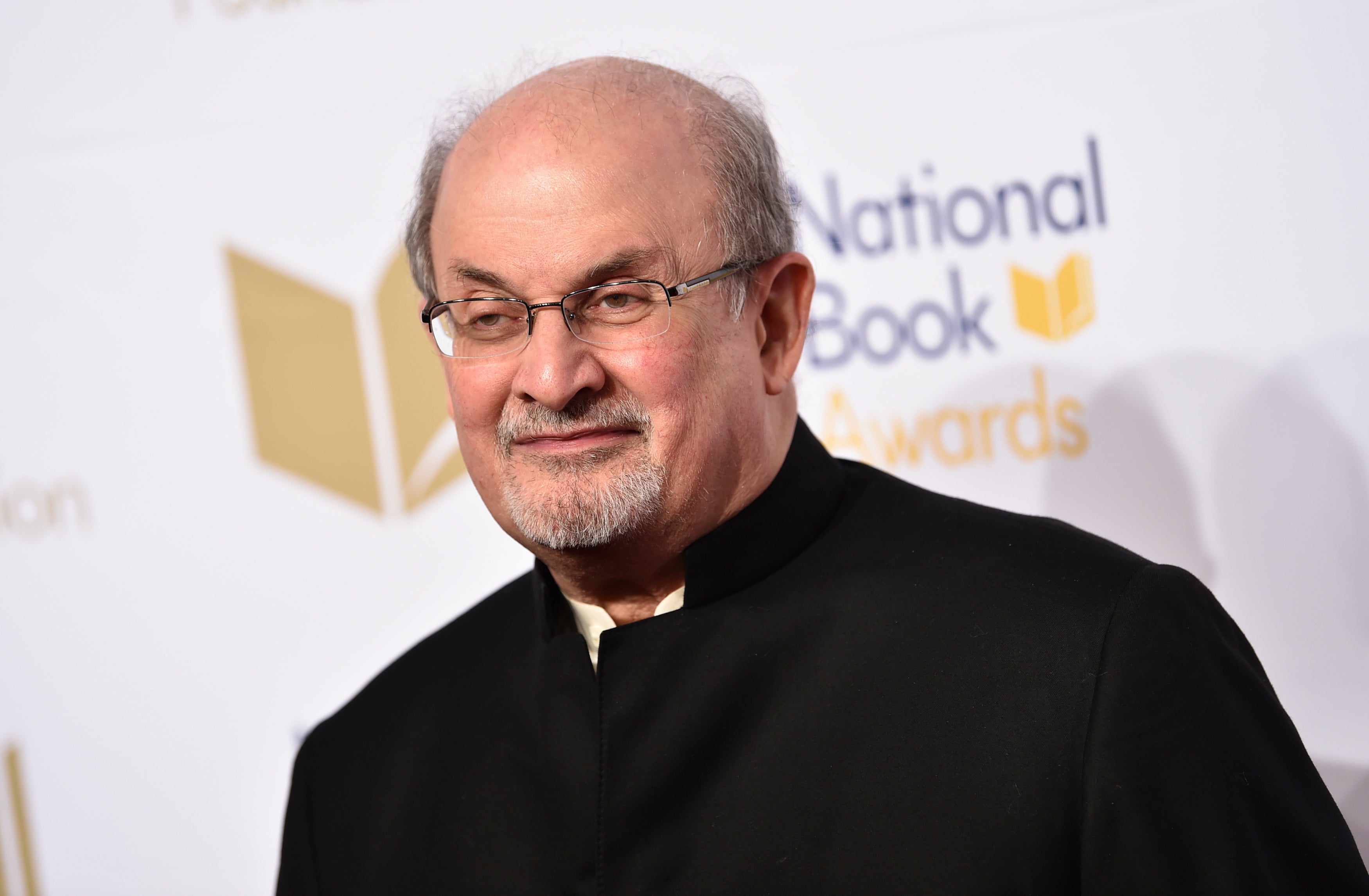The attack on Salman Rushdie reminds us that the fight to defend free speech is a long one
There is a special horror reserved for the long-anticipated strike from an unknown quarter

The dictum of the terrorist, expressed by the Irish Republican Army after its attempt to assassinate the British prime minister in 1984, is: “We only have to be lucky once – you will have to be lucky always.”
That was a truth that those of us who stood by Sir Salman Rushdie knew. We knew that he – and we, the defenders of free speech – would pay a price for that defence. He knew that his life would never be the same again. That he would be in hiding for a long time, and that he would need intrusive protection for the rest of his life.
We knew, as the British people, that it was our duty to protect him, and to bear the cost of that protection, for as long as he chose to live in Britain. And we knew, always, that the day might come when the terrorist got through.
There is a special horror reserved for the long-anticipated strike from an unknown quarter, which was finally visited on Sir Salman – and on all those who defend free expression – on Friday, in a lecture hall in New York.
Even after 33 years, the shock of the threat of violence against Sir Salman ought to be just as raw as it was when it was issued by Ayatollah Khomeini, the theocratic ruler of Iran, in 1989.
At the time, as David Lister reminds us, the British government of Margaret Thatcher was no great admirer of the novelist, who was considered a left-wing troublemaker. But the government understood the principle of free speech well enough to provide for his protection, and he was defended by artists and others across the political spectrum, who understood the principle as well, or better.
For some on the liberal side of politics, however, the fatwa against Rushdie was a fork in the road – a moment when free speech ceased to be an absolute – and became one value that had to be weighed up against others.
The Independent has always understood the argument that Muslims are discriminated against, and that Islamophobia is an unacceptable prejudice, but we have always been resolute in our condemnation of violence as a reaction to words, ideas or images that some people find offensive.
In recent years, the debate about free speech has found itself diverted into questions of the alleged censorship of university teaching and the denial of platforms to people holding certain views. And some of the confusions on the left have been exploited by Conservative politicians who see a chance to portray their opponents as being out of touch with the common-sense views of the wider public.
To keep up to speed with all the latest opinions and comment, sign up to our free weekly Voices Dispatches newsletter by clicking here
But the attack on Sir Salman is a reminder that there is a more serious side to the issue of free speech, which is the threat of violence from those who claim to act in the name of an extreme interpretation of Islam.
It is fundamental to the right of free expression that no religion can be privileged over any other in the law governing what can and cannot be published. As Kunwar Khuldune Shahid argues in our pages, anyone who believes that Islam deserves special treatment must share some responsibility for the attack on Sir Salman.
If Sir Salman is still alive, he, and we, are lucky. Friday’s attack is a reminder that the fight to defend free speech will be pursued over decades and generations, and that it requires its defenders to devote resources and resolve to the fight if we are to go on being lucky.






Join our commenting forum
Join thought-provoking conversations, follow other Independent readers and see their replies
Comments